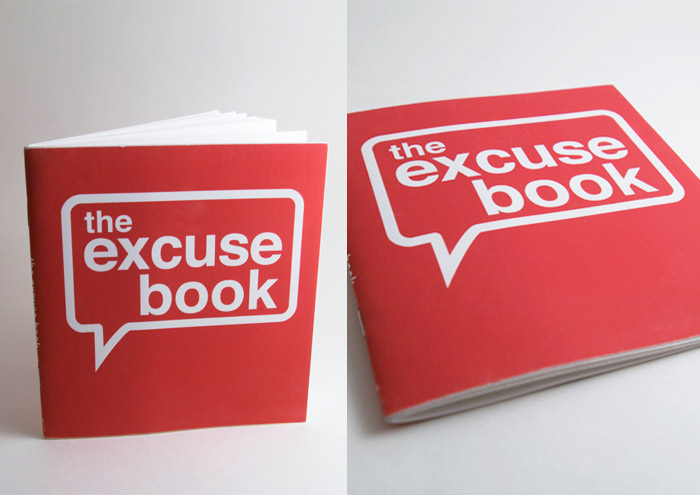I have wondered, “when I die and go before the judgement bar, is there a valid excuse for any of my choices? Can I say, “but God…that was too hard or unfair….”” We know we can’t blame it all on Adam (2nd Article of Faith), and that due to agency we are in control of our own moral lives. Curiosity got me thinking and searching the scriptures for an answer.
The only exception or excuse to any rule that Jesus Christ ever taught was that those who were unaccountable did not need baptism or those who died before the age of 8 did not need vicarious ordinances performed on their behalf:
“No baptism or endowment is performed for a child who died before age eight (see Moroni 8:8–12; see also Merlin R. Lybbert, “The Special Status of Children,” Ensign, May 1994, 31–32). Only a sealing to parents is performed for such children. If the child was sealed to parents while he or she was living or if the child was born in the covenant, no vicarious ordinances are performed.” (Taken from Introduction to Family History Student Manual, Chapter 7).
Sure, people might say, “what about single people who don’t get a chance to marry in this life, or people who died without the gospel…etc.” Those are not excuses for a moral decision in an eternal sense. They will not be denied the opportunity to keep the commandments at some point prior to judgement. I get it, “church” is not easy, keeping the commandments can sometimes be a challenge. For me being a righteous parent exceeds the challenge of anything else I have encountered. Being around people at all can sometimes be a challenge. We all have trials in life wether they be with sexual integrity, destructive drug habits, home and visiting teaching, maybe even just saying a prayer can be a challenge. While I do believe it is important to know that God loves us universally and eternally, that love does not mean that we can make up excuses for falling short and that God will just “buy our excuse” and forget what we did as a result of that love.
Some will continue to leverage the perceived hypocrisy of some church members as some valid reason to not attend church or be actively engaged. But is that valid? Can we say, “But God…I didn’t go to church because that person wasn’t perfect…” and God will say, “Oh, you’re right, my bad.” Or what about, “why didn’t the Church do this” or “but this bad thing happened in my life so that means I am off the hook now, right?”
Is the notion of, “that commandment is hard” a valid reason in the eyes of the Lord? Or are we likely to get, “I performed the Atonement..But why don’t you tell me about commandments being hard. (mic drop)”
We seem to live in a culture, at least in America, that speaks of validating people in their feelings, or “being authentic to who they are.” But are we an excuse ridden species by nature, do we see difficulties as a reason to not do something (as opposed to right or wrong) or have some just chosen excuse? On top of that, no one person’s life should be defined by the grand sum of their excuses. In a recent episode of Project Runway All-stars (don’t judge me), one of the judges gave the retort to a designer that submitted an excuse for poor garment as part of the competition, “There’s nothing less chic than an excuse.” In that same spirit, there seems to be nothing less Christ-like than an excuse.
The Atonement of Jesus Christ removed excuses by enabling the process of repentance while empowering and enabling each individual to achieve their greatest potential. While the Atonement has also mediated the punishment for sins and shortcomings, it has not absolved individual responsibility, in fact, it has made moral agency possible.
I am sure to field a few shots of exclusions like, “but God knows our hearts” or “you can’t judge everyone’s situation” etc. Yeah, I get it. I am not condemning anyone, nor am I saying that there is no way out. In fact, quite the opposite. I am so grateful that Jesus Christ performed the Atonement so that we are not at the mercy of circumstances. Because of the Atonement, we don’t need excuses. We are liberated in seeing our mistakes as part of the process of perfection and the opportunity to improve and exceed who we are now; to become our greatest potential. An excuse is a declaration of complacency, and a commitment to not change. In that sense, an excuse is a kind of rejection of the Atonement.
Nick Galieti is an experienced podcaster as both producer/host of The Good Word Podcast, and was named the recipient of the 2015 John Taylor: Defender of the Faith Award by FairMormon for his podcasting effort with that organization. Nick is the voice of Book of Mormon Central’s “KnoWhy” podcasts. Nick has directed and produced two documentaries on the life of Joseph Smith Jr., Picturing Joseph, and Murder of the Mormon Prophet.
Nick is also a published author of the books Tree of Sacrament, and The Exaltation Equation. A past guest of The Cultural Hall (click here to listen). Nick was born in Southern California, and served a mission to the Baton Rouge, Louisiana. Nick is a freelance sound engineer of over 15 years, is married, has 5 daughters, and now lives in West Valley City, Utah.

